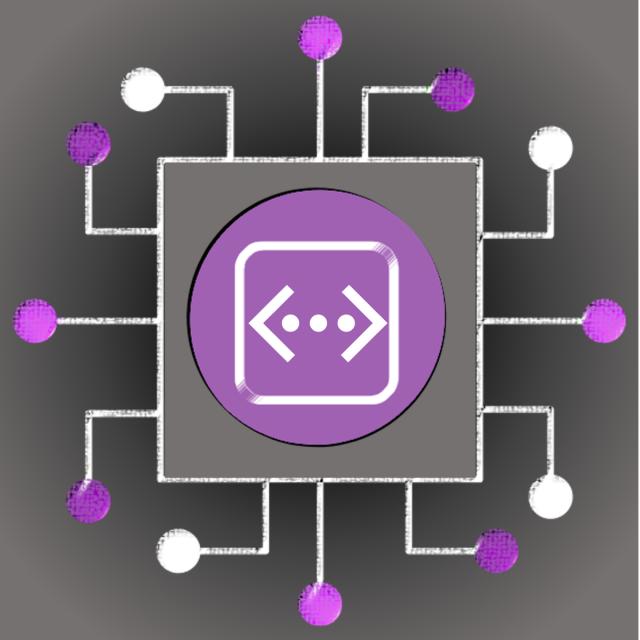MOOC List is learner-supported. When you buy through links on our site, we may earn an affiliate commission.

MOOC List is learner-supported. When you buy through links on our site, we may earn an affiliate commission.
First, we will dive deeper into leveraging Jupyter notebooks to create and deploy models for machine learning tasks. Then, we will explore how to use Python microservices to break up your data warehouse into small, portable solutions that can scale. Finally, you will build a powerful command-line tool to automate testing and quality control for publishing and sharing your tool with a data registry.
Course 4 of 4 in the Python, Bash and SQL Essentials for Data Engineering Specialization.
What You Will Learn
- Construct Python Microservices with FastAPI
- Build a Command-Line Tool in Python using Click
- Compare multiple ways to set up and use a Jupyter notebook
Syllabus
WEEK 1
Jupyter Notebooks
This week, you will learn how to install and run Jupyter on your local machine. Additionally, you will explore strategies to use code and text cells in a Jupyter notebook.
WEEK 2
Cloud-Hosted Notebooks
This week, you will learn how to create and use a Cloud-based notebook in Google Colab and AWS Sagemaker.
WEEK 3
Python Microservices
This week, you will learn how to build a Python Microservice with FastAPI and deploy a containerized machine learning Microservice for data engineering.
WEEK 4
Python Packaging and Command Line Tools
This week, you will learn how to organize a Python project so you can build a powerful command-line tool. You will use Click, a useful command-line tool framework to enhance your tool. Finally, you will automate testing and quality control for publishing and sharing your tool with a registry.
MOOC List is learner-supported. When you buy through links on our site, we may earn an affiliate commission.
MOOC List is learner-supported. When you buy through links on our site, we may earn an affiliate commission.
